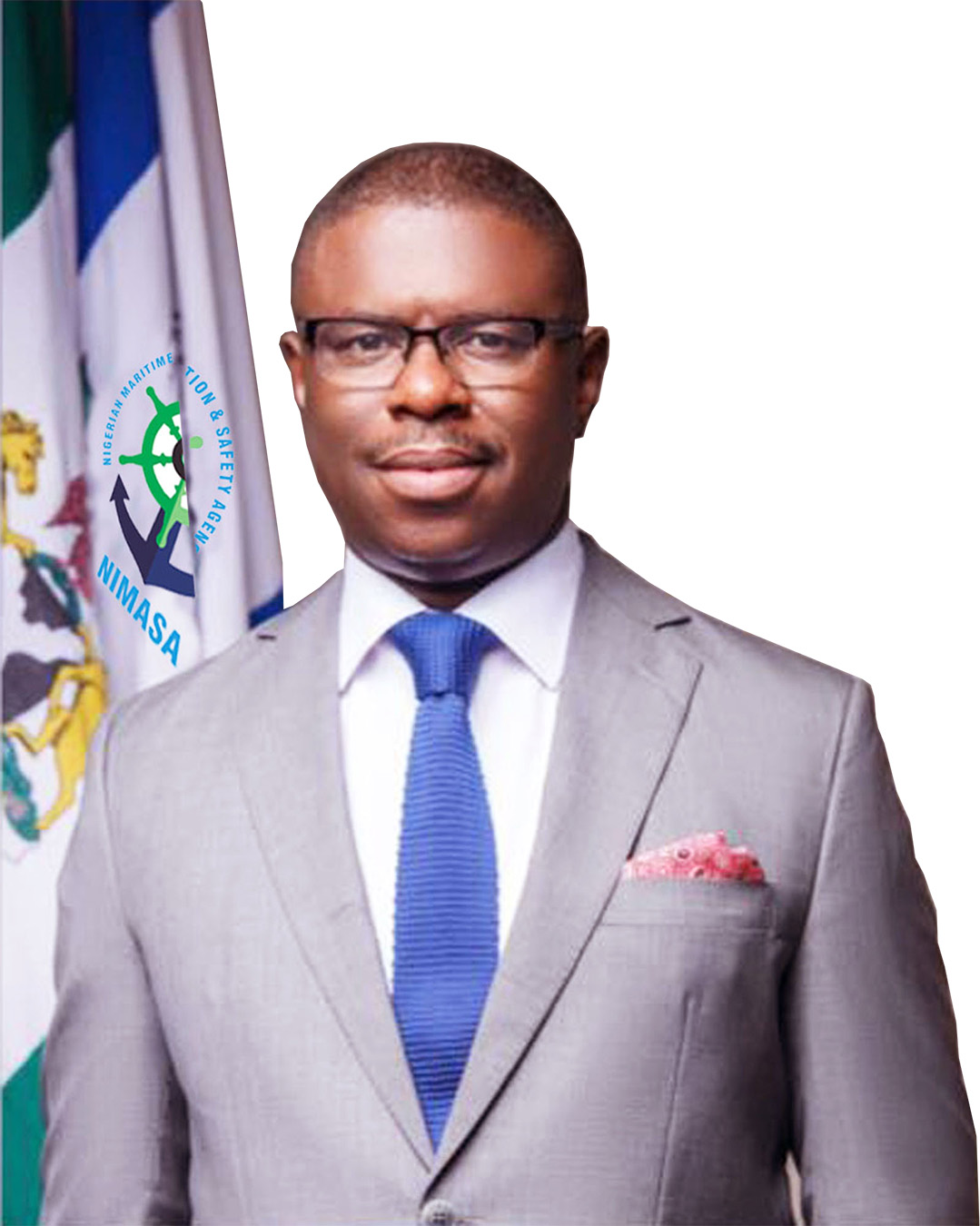As Nigeria turns 60 as a politically independent state, sadly, it is not a time for the past and current leaders to congratulate themselves. Neither is it a time for celebration for the citizens. Instead, the occasion of the 60th independence anniversary of Nigeria calls for a sober reflection.
A most optimistic view of the state of affairs of the country today would only reflect the Nigeria we could have had. Nigeria could have truly been the giant of Africa. Right from the early years of independence in 1960, many African countries were looking up to Nigeria in their own quests for freedom, peace and progress. The Nigerian economy boomed, as the federating regions competed with each other for development in a healthy rivalry. But after mid-decade, the country took a wrong turning politically and economically.
Apart from the country itself, which Chinua Achebe described in the past-tense and viewed by Obafemi Awolowo as “a mere geographical expression”, ordinary Nigerians have continued to be the victims of the failure of Nigeria’s leaders. Many comparator countries to Nigeria have left the country behind. Nigeria was relatively at the same level of economic prosperity with Singapore, Malaysia and South Korea in 1963. But in 2019, Nigeria’s per capital GDP of $2,229 was a fraction of that of Singapore ($65,223), Malaysia ($11,414), and South Korea ($31,762). We have increasingly become a country of poor people, despite the early promise of economic prosperity. In frustration, our youth have taken to crime and political agitation.
The good news is that it is not too late for the ship of the Nigerian state to turn around. But this needs to happen without further delay. Not many fellow citizens still doubt that a constitutional restructuring of the country is highly necessary for progress. In this regard, what Nigeria needs is a brand new constitution. Such a constitution must reflect a new grand bargain by Nigerian ethnic nationalities, civil society organisations, socio-political organisations, pressure groups and the government of the day. For emphasis, this fundamental requirement would not be met by another tinkering of the 1999 Constitution (as amended).
The judgement of history would be harsh if we don’t seize what is very likely the last opportunity to salvage the country and start to rebuild a united and prosperous Nigeria. I am, however, optimistic that we will do the needful, in the interest of the country, the citizens and to reclaim our pride of place among the countries of the world.
Professor Kingsley Moghalu
Convener, To Build A Nation (TBAN)
Editor’s Note
Prof. Kingsley Moghalu is a former Deputy Governor, Central Bank of Nigeria, and a candidate in Nigeria’s 2019 presidential election. He is the convener of To Build A Nation (TBAN), a Nigerian nonpartisan citizens movement advocating for political and electoral reform.




